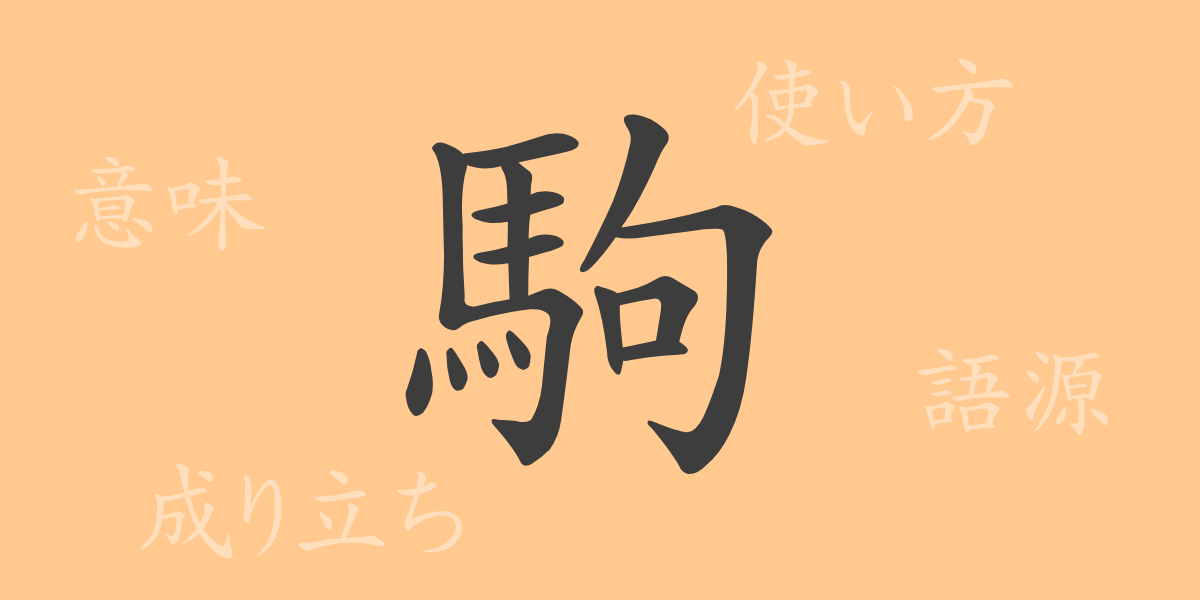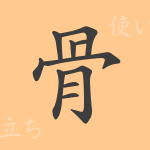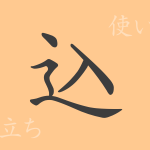The kanji rooted in Japanese culture each contain deep meanings and histories in their strokes. The character “駒” (こま, koma) is no exception. In this article, we will focus on the common kanji “駒” (こま, koma), revealing its origins and modern usage. Let’s delve into the charm of “駒” (こま, koma), which has been closely associated with Japanese tradition since ancient times.
Origin of 駒(こま, koma)
The kanji “駒” (こま, koma) is derived from characters referring to horses in ancient China. Originally, it was a pictographic representation of a horse running fast, and over time, it evolved into its current form. In Japan, this character was adopted along with other kanji from China during the Nara period and became especially familiar as the pieces used in the game of shogi (Japanese chess).
Meaning and Usage of 駒(こま, koma)
The general meaning of “駒” (こま, koma) is a horse. However, it also refers to game pieces in shogi or chess, and can be used metaphorically. For instance, when controlling someone’s movements, the expression “駒を進める” (こまをすすめる, koma o susumeru) is used, meaning “to move a piece forward.” Thus, “駒” (こま, koma) is a kanji with rich expressive power, used in various contexts beyond its direct meaning.
Readings, Stroke Count, and Radical of 駒(こま, koma)
The kanji “駒” (こま, koma) highlights the depth of Japanese language through its readings and stroke count.
- Readings: The on’yomi (音読み) is “クマ” (くま, kuma), and the kun’yomi (訓読み) is “こま” (こま, koma).
- Stroke count: The kanji “駒” (こま, koma) has a total of 15 strokes.
- Radical: The radical of this kanji is 馬部 (うまへん, umahen), meaning “horse.”
Idioms, Phrases, and Proverbs Using 駒(こま, koma)
The kanji “駒” (こま, koma) appears in various idioms, phrases, and proverbs in Japanese. Here are a few examples:
- 「一駒千金」(いちこませんきん, ichikomasenkin) – This idiom means something very valuable, derived from the idea that one shogi piece can be worth a thousand gold pieces.
- 「駒を進める」(こまをすすめる, koma o susumeru) – This phrase means to advance a plan or move things forward.
Conclusion on 駒(こま, koma)
The history and culture embedded in each kanji character reflect the identity of the country. The kanji “駒” (こま, koma) encapsulates the traditions and wisdom of Japanese life that have continued since ancient times. The character, meaning “horse,” still breathes in our language today in various forms, illustrating the depth of kanji culture. Through this article, we hope to enhance your knowledge and appreciation of the rich expressions and backgrounds of the kanji “駒” (こま, koma).

























